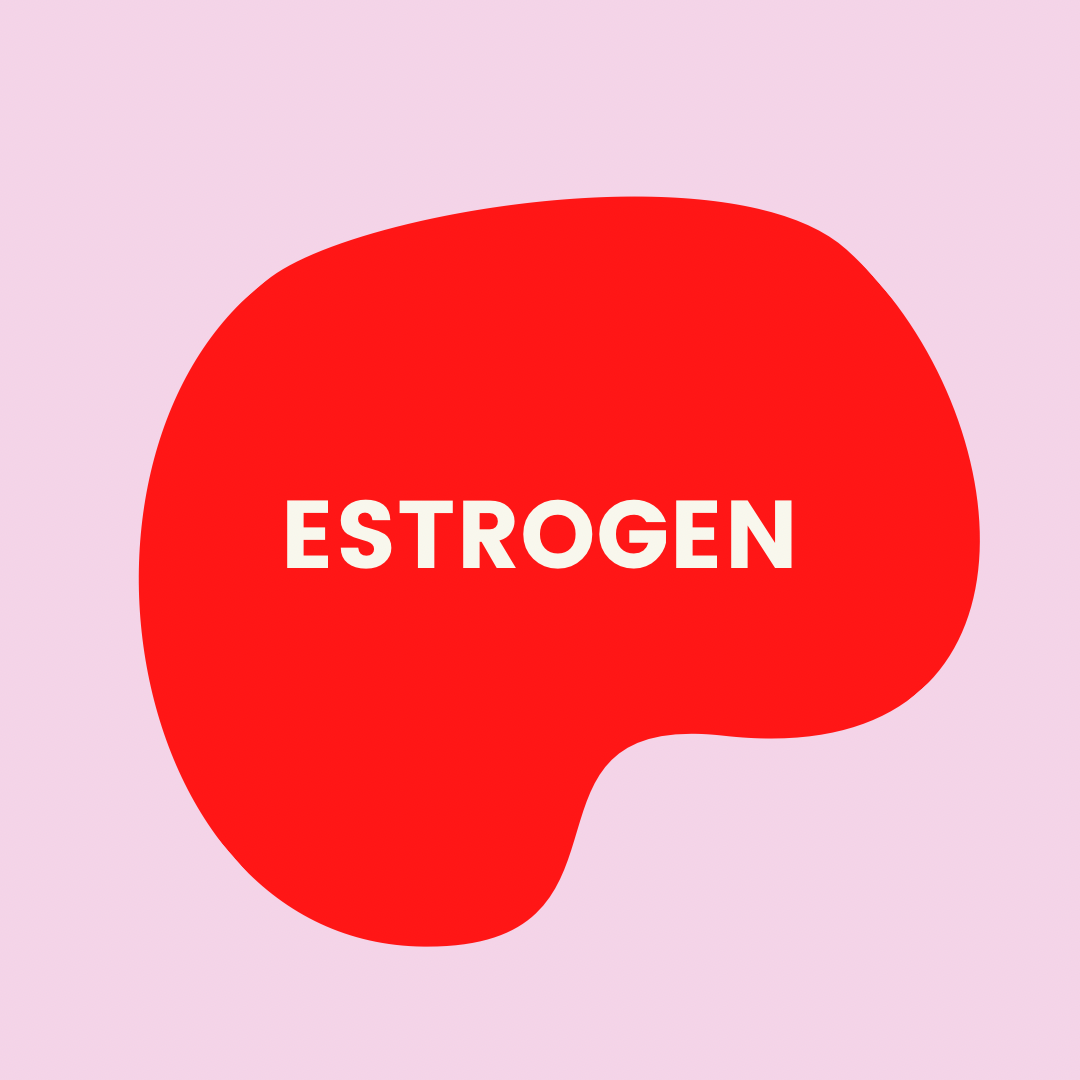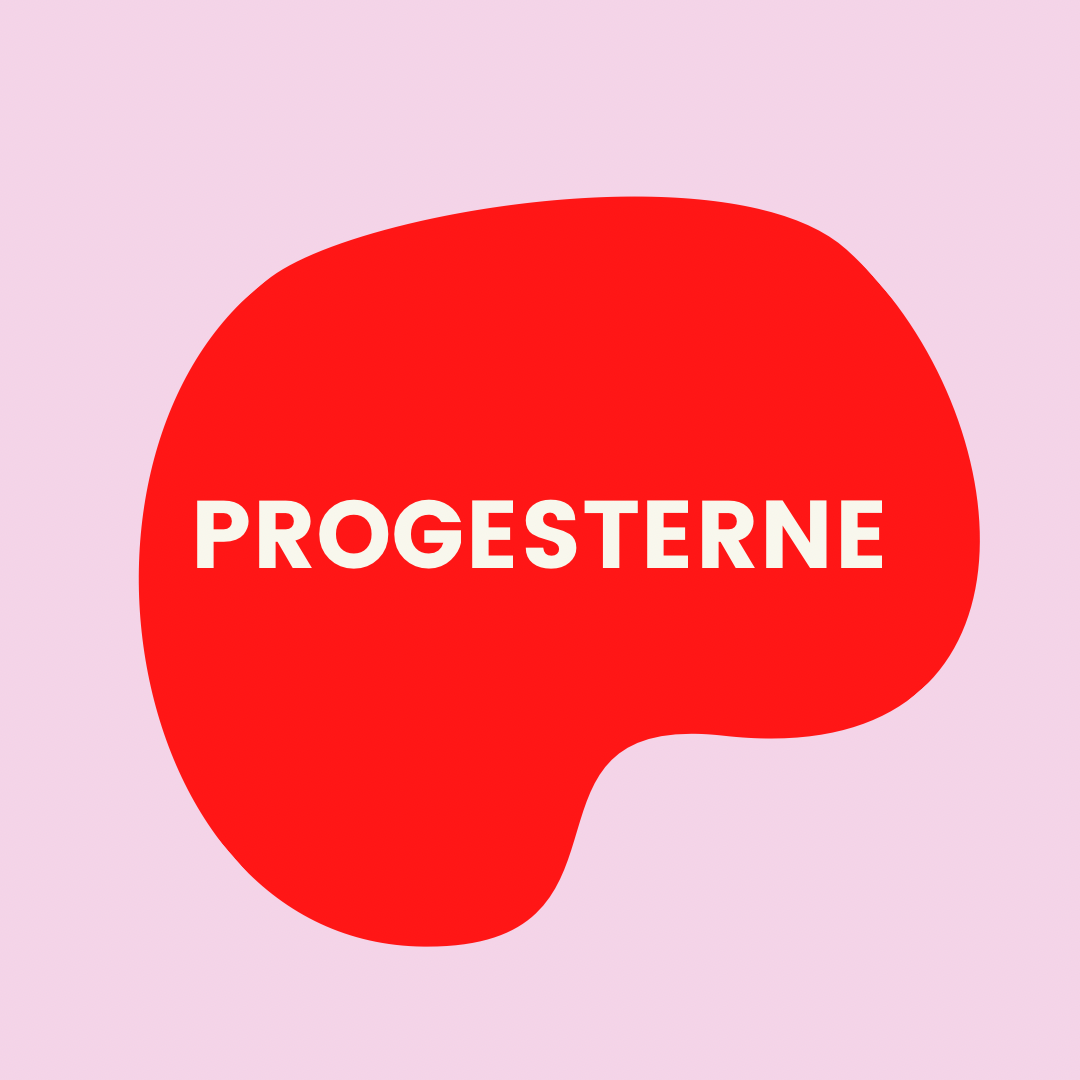Hormones
These are the main hormones that contribute to fertility. On top of ensuring these levels are healthy, it’s important that you and your partner are in good overall health.
You can discover more about fertility testing in our “Umm… How to get pregnant!?” blog.
Egg reserve test
Anti-Mullerian Hormone (AMH) is a hormone secreted by cells in developing egg sacs (follicles). The level of AMH in a woman's blood is generally a good indicator of her ovarian reserve. AMH does not change during your menstrual cycle, so the blood sample can be taken at any time of the month - even while you are using oral contraception. It’s important to know that this number is not gospel.
The Kicker
Luteinizing hormone (LH) is an important hormone both men and women produce. This hormone is known as a gonadotropin (hormones that stimulate the gonads, or sex glands, to carry out their reproductive or endocrine functions), and it affects the sex organs in both men and women. For women, it affects ovaries, and in men, it affects the testes. LH plays a role in puberty, menstruation, and fertility.
The Stimulator
Follicle stimulating hormone (FSH) is another one of the gonadotrophic hormones. FSH is one of the hormones essential to pubertal development and the function of women’s ovaries and men’s testes. In women, this hormone stimulates the growth of ovarian follicles in the ovary before the release of an egg from one follicle at ovulation. It also increases oestragiol production. In men, FSH acts on the Sertoli cells (a kind of sustentacular cell) of the testes to stimulate sperm production (spermatogenesis).
The Regulator
Estrogen, or oestrogen, is a category of sex hormone responsible for the development and regulation of the female reproductive system and secondary sex characteristics.
Four main areas that estrogen looks after:
Ovaries: Estrogen helps stimulate the growth of the egg follicle.
Vagina: In the vagina, estrogen maintains the thickness of the vaginal wall and promotes lubrication.
Uterus: Estrogen enhances and maintains the mucous membrane that lines the uterus. It also regulates the flow and thickness of uterine mucus secretions.
Breasts: The body uses estrogen in the formation of breast tissue. This hormone also helps stop the flow of milk after weaning.
The Prepper
Progesterone is an endogenous steroid and progestogen sex hormone involved in the menstrual cycle, pregnancy, and embryogenesis of humans and other species. It belongs to a group of steroid hormones called the progestogens, and is the major progestogen in the body. Progesterone prepares the endometrium for the potential of pregnancy after ovulation. It triggers the lining to thicken to accept a fertilized egg. It also prohibits the muscle contractions in the uterus that would cause the body to reject an egg.
Menopause
Coming soon.







